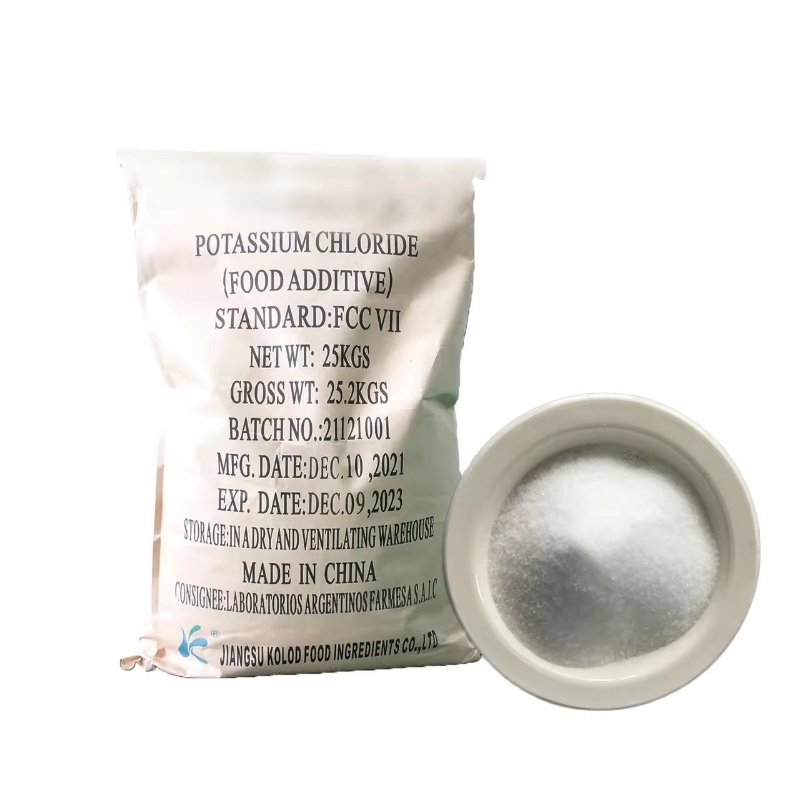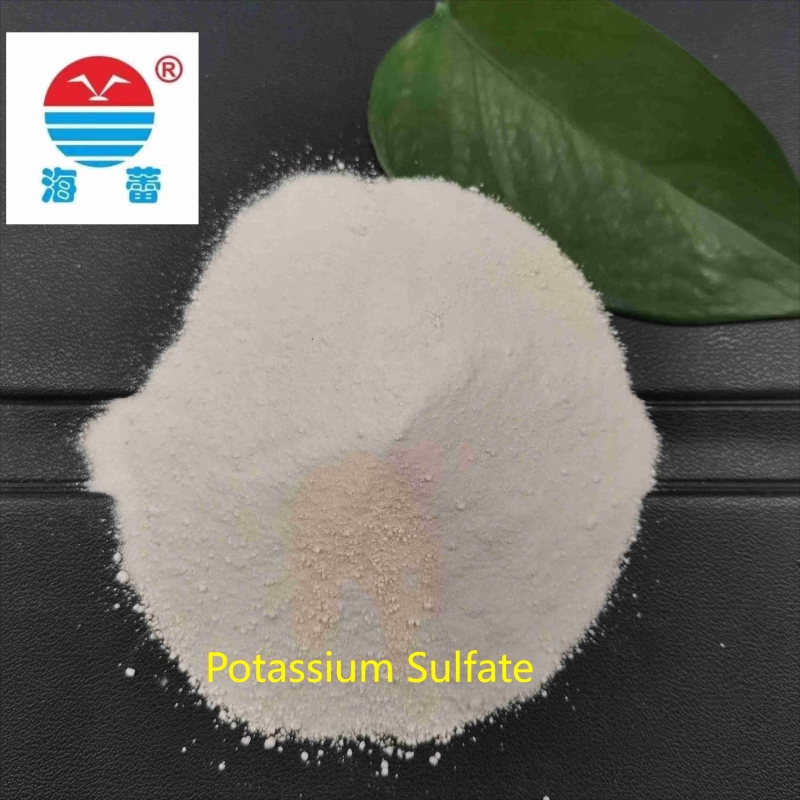Agrochemicals
- • Biopesticides (18)
- • Herbicides (278)
- • Insecticides (354)
- • Fungicides (160)
- • Pesticide Intermediates (409)
- • Plant Growth Regulators (55)
- • Fertilizers (22)
Related News
-
Mexico's Smart AgroFresh opens a new chapter in Chinese agriculture with SmartGenX technology
2024-07-24 -
BURSA AGRICULTURE Fair will be held in Bursa from October 08 to 12
2024-07-19 -
The Agrorus(2024) will be held in St. Petersburg from August 28 to 30
2024-07-05 -
Agri Tech(India) will be held in Bangalore from August 22-24
2024-06-28 -
Myanmar plans to import 1.6 million tons of fertilizer in 2024-2025
2024-06-05 -
2024 Central Plains (Handan) Modern Agriculture Expo and agricultural materials trading Conference will be held in August
2024-05-10
Fertilizers
Potassium chloride
(7447-40-7)-
Agricultural Grade / 99%
$100/KG EXW
-
Agricultural Grade / 99%
$250-270/MT FOB
-
Agricultural Grade / 95%
-
- / 99%
Potassium sulfate
(7778-80-5)-
Agricultural Grade / 52%
-
Agricultural Grade / 90%
-
Agricultural Grade / 50%
$425/MT FOB
-
Agricultural Grade / 99%
Plastoquinone
(4299-57-4)-
-
![2,3-dimethyl-5-[(2E,6E,10E,14E,18E,22Z,26E,30E)-3,7,11,15,19,23,27,31,35-nonamethylhexatriaconta-2,6,10,14,18,22,26,30,34-nonaen-1-yl]cyclohexa-2,5-diene-1,4-dione buy 2,3-dimethyl-5-[(2E,6E,10E,14E,18E,22Z,26E,30E)-3,7,11,15,19,23,27,31,35-nonamethylhexatriaconta-2,6,10,14,18,22,26,30,34-nonaen-1-yl]cyclohexa-2,5-diene-1,4-dione]()
Industrial Grade / 99%
-
![Plastoquinone buy Plastoquinone]()
-
![Plastoquinone buy Plastoquinone]()
Request for quotation , get quotes from more suppliers.
More Information
Fertilizers, including diverse types like liquid fertilizer, organic fertilizer, and phosphorus fertilizer, cater to various plant growth needs. They are vital for plant fertilization and contribute to optimal lawn fertilizing.
Fertilizers provide essential nutrients crucial for robust plant growth. They serve as starter fertilizers, aiding initial plant development.
Factors impacting fertilizers effectiveness:
● Soil nutrient deficiencies
● Environmental Conditions
● Different plant types require specific nutrients for optimal growth
















![2,3-dimethyl-5-[(2E,6E,10E,14E,18E,22Z,26E,30E)-3,7,11,15,19,23,27,31,35-nonamethylhexatriaconta-2,6,10,14,18,22,26,30,34-nonaen-1-yl]cyclohexa-2,5-diene-1,4-dione buy 2,3-dimethyl-5-[(2E,6E,10E,14E,18E,22Z,26E,30E)-3,7,11,15,19,23,27,31,35-nonamethylhexatriaconta-2,6,10,14,18,22,26,30,34-nonaen-1-yl]cyclohexa-2,5-diene-1,4-dione](https://file.echemi.com/fileManage/upload/canonicalSmiles/20220811/de66706ef08d44ab80734b4ab19838a8.png)
